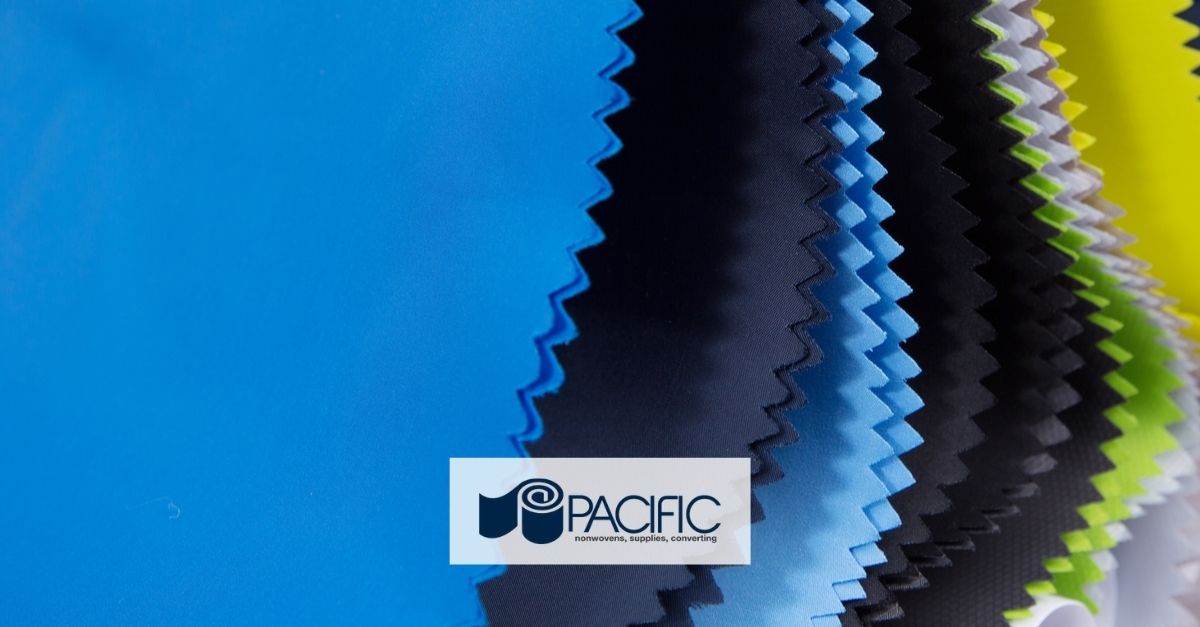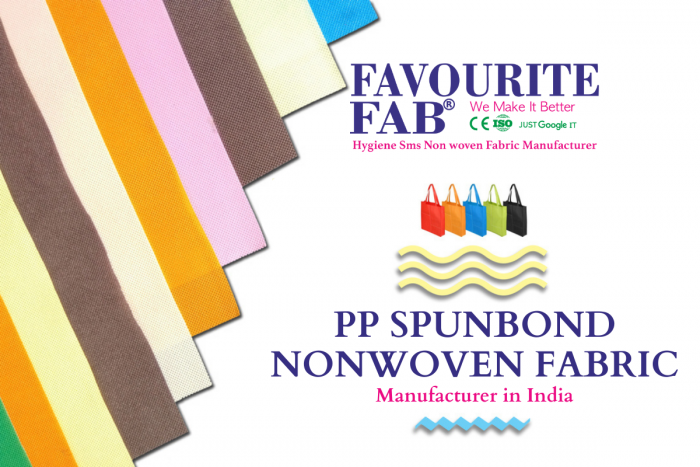
Non-woven fabric is a popular material that is versatile and widely used in various applications. It is known for its durability, flexibility, and exceptional absorbency. Pp non-woven fabric, in particular, is made of thermoplastic polymer, and it is widely used in the manufacturing industry. In this blog post, we will explore some of the applications of Pp non-woven fabric and how it benefits different industries.
Firstly, Pp non-woven fabric is used in the healthcare industry for the production of surgical gowns, masks, and shoe covers. It is known for its excellent bacteria filtration, fluid resistance, and air permeability. Additionally, it is cost-effective and easy to manufacture, making it ideal for disposable products.
Secondly, Pp non-woven fabric is used in the packaging industry for non-woven bags, tote bags, and shopping bags. The material is sturdy, lightweight, and easy to customize, making it an ideal choice for branding purposes. It is also reusable, eco-friendly, and affordable, making it an excellent alternative to plastic bags.

Thirdly, Pp non-woven fabric is used in the agriculture industry for crop protection covers, plant covers, and shade nets. The fabric is UV resistant, breathable, and durable, making it an ideal solution for greenhouse farming. It also provides insulation, protecting crops from harsh weather conditions, pests, and insects.
Fourthly, Pp non-woven fabric is used in the construction industry for house wrap, roofing underlayments, and erosion control products. The material is excellent for moisture management, providing an effective barrier against water and preventing the growth of mold and mildew.
Finally, Pp non-woven fabric is used in the automotive industry for car interiors, carpet backing, and seat covers. The material is easy to clean, durable, and resistant to wear and tear. It also reduces noise and vibration, providing a comfortable driving experience.
In conclusion, Pp non-woven fabric is a versatile material that finds applications in various industries. Its exceptional properties, such as durability, flexibility, and excellent absorbency, make it an ideal choice for product manufacturing. As environmental sustainability becomes increasingly critical, this eco-friendly and affordable material is sure to see more widespread use.